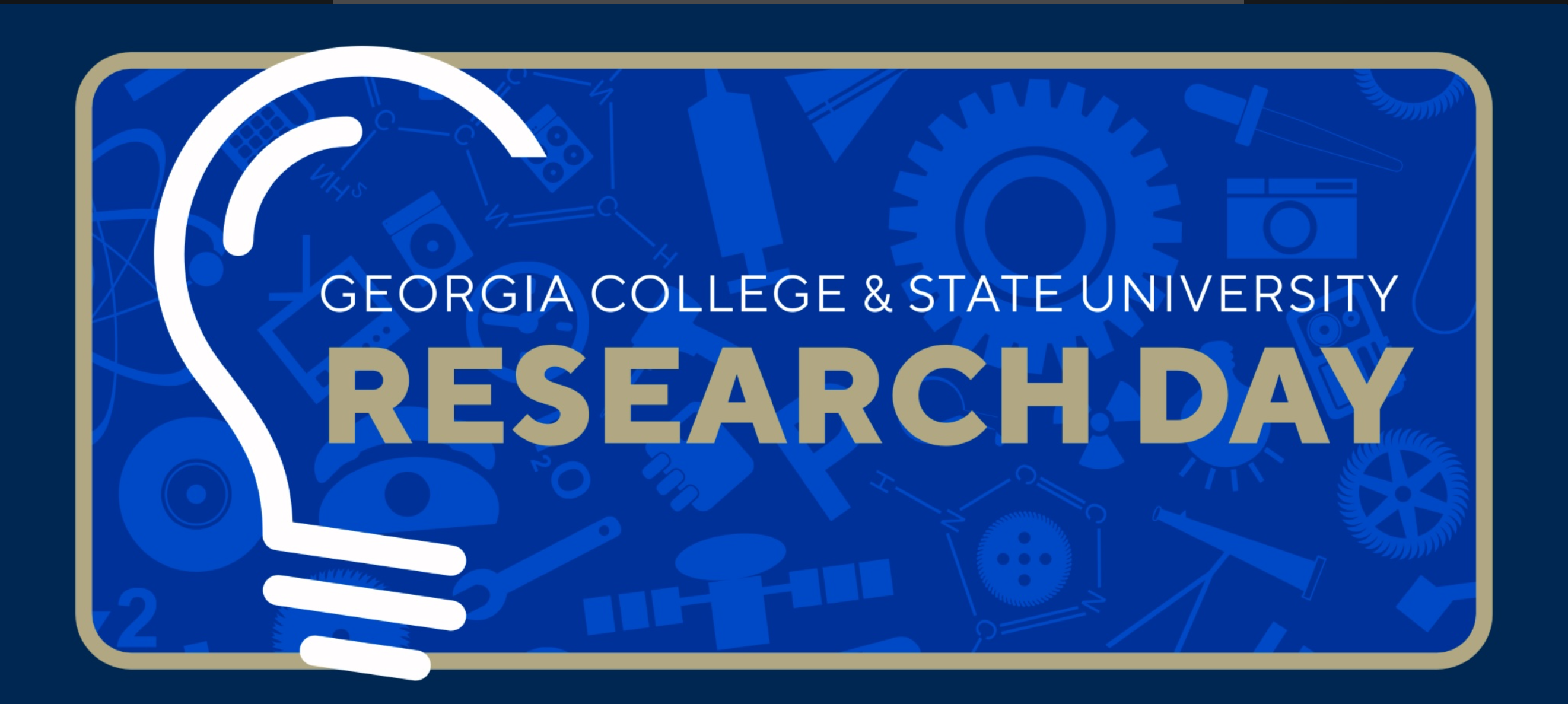Effect of Lying on Memory and Response Latency for Computer vs Face to Face
Faculty Mentor(s) Name(s)
Eric Rindal
Abstract
There is little research regarding the effects of lying on memory and response latency; however, available research suggests that response time can indicate the use of deception (Walcyzk et al., 2003). The objective of the present study is to investigate the effect that lying has on the response latency of memory recall. Participants watched a movie clip of a bank robbery, and then were asked to answer truthfully about details they actually saw for some questions and asked to lie and make up details that they did not actually witness on other questions. We split participants into two groups: computer and face-to-face. The computer participants viewed the video and then answered the questions on a computer program whereas face-to-face participants were asked the questions by another student. Participants retuned four to five weeks later, and their memory of the video clip was assessed using a yes/no recognition test. Participants either answered yes or no to whether or not they had seen the detail in the video. Some of the questions asked about details they had actually seen, others asked about details that were not witnessed and based on the lies they had provided on day one. The response time for each of the yes/no questions was recorded to determine if reaction time is a diagnostic measure of memory accuracy, if response time differs between truthfully witnessed details or false details they had lied about, and if answering the questions on the computer or face-to-face makes a difference.
Start Date
27-3-2024 9:00 AM
End Date
27-3-2024 9:50 AM
Location
Arts and Sciences 2-70
Effect of Lying on Memory and Response Latency for Computer vs Face to Face
Arts and Sciences 2-70
There is little research regarding the effects of lying on memory and response latency; however, available research suggests that response time can indicate the use of deception (Walcyzk et al., 2003). The objective of the present study is to investigate the effect that lying has on the response latency of memory recall. Participants watched a movie clip of a bank robbery, and then were asked to answer truthfully about details they actually saw for some questions and asked to lie and make up details that they did not actually witness on other questions. We split participants into two groups: computer and face-to-face. The computer participants viewed the video and then answered the questions on a computer program whereas face-to-face participants were asked the questions by another student. Participants retuned four to five weeks later, and their memory of the video clip was assessed using a yes/no recognition test. Participants either answered yes or no to whether or not they had seen the detail in the video. Some of the questions asked about details they had actually seen, others asked about details that were not witnessed and based on the lies they had provided on day one. The response time for each of the yes/no questions was recorded to determine if reaction time is a diagnostic measure of memory accuracy, if response time differs between truthfully witnessed details or false details they had lied about, and if answering the questions on the computer or face-to-face makes a difference.


